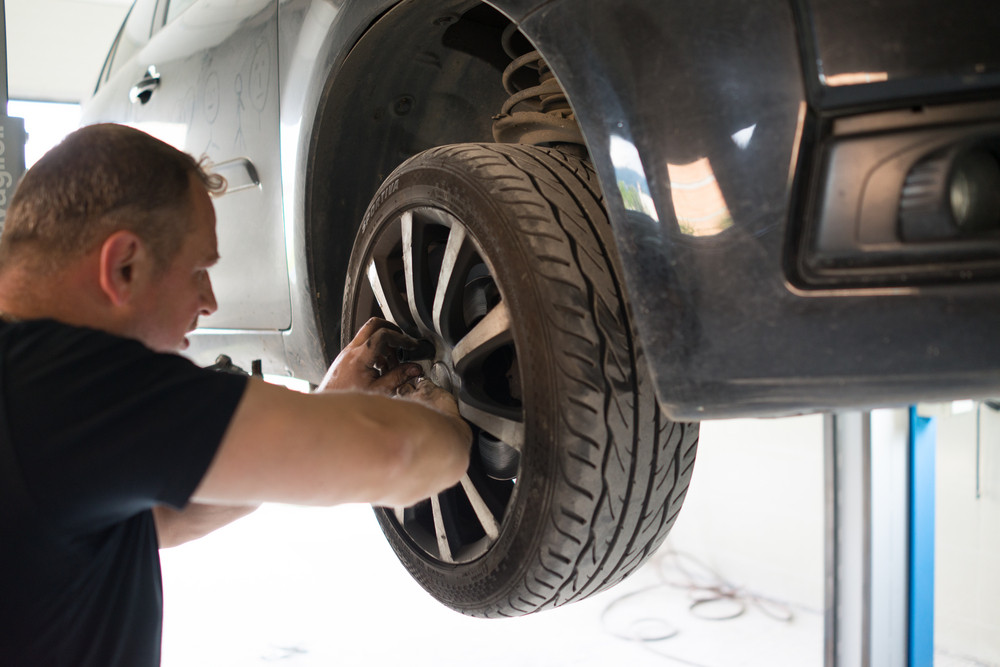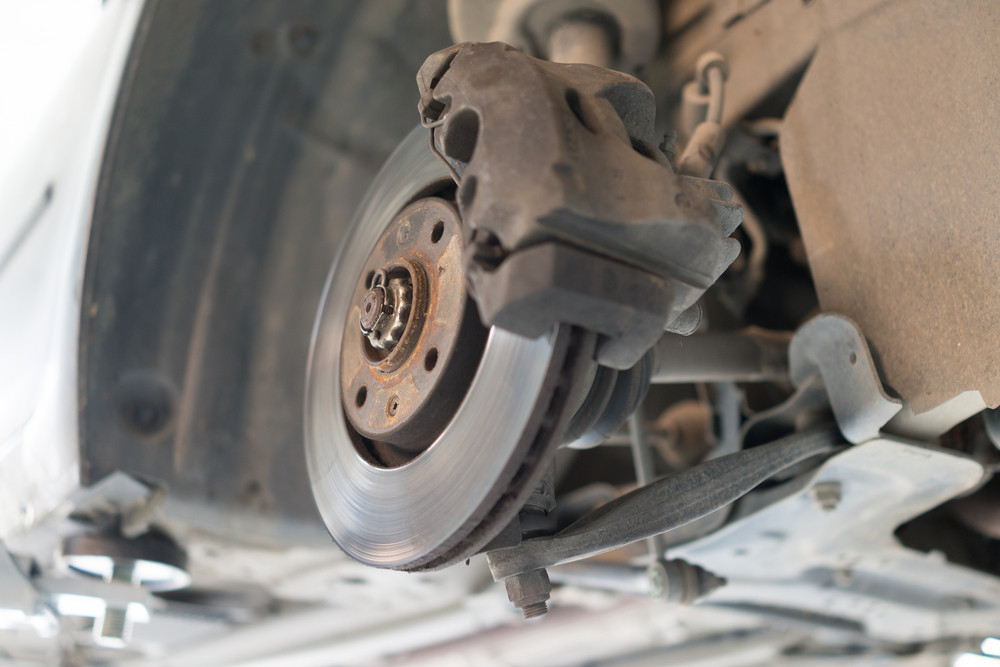Highlights:
- Look for certified, responsive shops with ASE technicians and a reputation for fast emergency service.
- 24/7 availability and mobile repair options ensure help is there when and where you need it.
- Clear pricing and warranties protect you from unexpected costs and provide peace of mind.
- Check that they handle towing and your vehicle type, including foreign or hybrid models.
- Prioritize strong communication and follow-up care to stay informed during and after the repair.

1. What Makes an Emergency Car Repair Shop Outstanding?
When your vehicle breaks down unexpectedly, the difference between a minor inconvenience and a major disruption comes down to the emergency repair shop you call. You want technicians with visible experience handling late-night breakdowns and roadside failures—people who can diagnose issues under pressure and respond fast. Look for shops with ASE-certified technicians and reliable communication systems that keep you informed from your first call to vehicle pick-up. Reviews highlighting prompt, honest service—like consistently high ratings for quick diagnostics and transparent cost estimates—are good indicators of professionalism. Prioritize shops praised for treating emergencies with urgency and clarity. According to AAA, they respond to over 30 million roadside assistance calls annually.
2. How Quickly Can They Respond?
The core of emergency service is speed. Ask potential repair options about their typical response window—are they available within 30 minutes, an hour, or two hours? You’ll want a shop known for fast turnaround times, especially for night or weekend calls. Look for phrases like “on-the-spot diagnosis,” “mobile technician dispatched same day,” or “driver-on-the-way within minutes.” Local reviews and online forums often indicate whether a shop will drop everything to help or if they will delay until the next business day. Speed must come with accuracy—rushed fixes that don’t fully address the problem just aren’t safe.
3. Do They Offer 24/7 Emergency Support?
A major breakdown doesn’t wait for business hours—and neither should your repair shop. Check whether emergency support is truly round-the-clock or only during limited hours. Businesses that provide full-time emergency coverage, including holidays and after-hours phone lines, stand out for serious peace of mind. According to a regional directory, several top-rated shops in Appleton advertise 24-hour availability —a key feature for travelers stuck late at night or on holidays. Make sure the emergency line is answered promptly and routed to a live person, not voicemail. A 2023 survey by Allstate found that 61% of drivers don’t carry essential emergency tools in their car, such as jumper cables, a jack, or a spare tire.
4. Can They Handle Towing and Roadside Assistance?
An emergency repair shop’s capabilities aren’t limited to wrenches and diagnostics—they often coordinate towing and roadside help too. Ask whether they dispatch their own tow trucks or work directly with vetted towing companies. This can make vulnerable situations—like waiting on a dark roadside—safer and faster. Reviewers on local forums frequently mention services that combine towing and on-site repair positively. Even if towing costs are extra, bundling the services through one provider can reduce delays and miscommunication.
5. How Transparent Are Their Prices?
Nobody wants surprise bills when anxiety is already high. Emergency repair shops should provide free, upfront multi-point inspections and clear cost estimates before starting any work. Look for reviews stating “explained every needed fix,” “helped me understand what was safety-critical,” or “no upsells, just honest repair.” Some shops even offer printed diagnostics reports or photos from under the hood, updating you throughout the repair. Transparency protects you from unnecessary charges and helps you make sound decisions, especially when stress is already running high.
6. What Kind of Warranties and Guarantees Are in Place?
Emergencies are stressful enough without worrying if the repair will hold. Prioritize shops offering national or local warranties—ideally 12 months/12,000 miles or more—on parts and labor. This commitment signifies faith in their work and lets you avoid repeat breakdowns. Several Appleton-area shops highlight nationwide warranties and vendor-backed guarantees. Before agreeing to service, ask about which repairs are warrantied, how claims are handled, and whether follow-up diagnostics or replacements fall under the guarantee.

7. Can They Service All Makes and Models?
Your emergency repair shop should handle your car, whether it’s domestic, foreign, or a newer hybrid model. ASE-certified technicians and dealer-grade diagnostic tools mean they’re equipped for complex troubleshooting and unconventional vehicles. Confirm that they have the right parts access and familiarity with your model’s standards. You might encounter shops with niche buyers—like fleet repair specialists or those focusing only on certain brands—so always check upfront if they’re familiar with your vehicle’s specific engine diagnostics and parts system.
8. Do They Offer Mobile Repair Services?
Waiting for a tow to a repair shop isn’t ideal during emergencies, especially if your vehicle is parked in a dangerous spot. Ask whether your provider offers mobile repair services—mechanics who come to your location, from your driveway to roadside settings. Several Appleton-area mobile responders note same-day fixes for issues like brakes, batteries, or belts. Mobile services cut down on stress, waiting time, and cost, and show dedication to community convenience. Just ensure the mechanic carries the proper gear and insurance to handle roadside conditions safely.
9. How Do They Handle Communication and Updates?
Poor communication can ruin even the best repair. Choose a shop with clear protocols: texting or calling when a diagnosis is complete, asking for approval before replacing parts, and notifying you when your car is ready. In emergency cases, updates on delays or issues are essential. Positive reviews often mention shops being “quick to respond,” “kept me updated,” or “sent photos of repairs in progress”. Ideally, you’ll work with a single point of contact who knows your repair history and can speak in plain language.
10. Is There Post-Repair Support?
Emergencies don’t always end neatly. The best repair shops follow up after emergencies—offering free check-ins, soft follow-up phone calls, or priority bookings if issues emerge later. Some shops even provide complimentary multi-point inspections post-repair, ensuring your car remains road-ready. These post-service touches are signs of customer care and quality control, and they can prevent further trouble. The follow-up visit is often the true test of whether a shop cares about long-term satisfaction.
What to Remember
In an emergency breakdown, the quality of your car repair shop can turn a stressful scenario into manageable support. Seek out providers offering 24/7 response, towing or mobile service, transparent estimates, and solid warranties. Emphasize shops with ASE-certified techs and diagnostic tools capable of servicing any vehicle. Lean on community reviews—especially those highlighting speed, honesty, and post-repair care. By asking the right questions and prioritizing shops that earn trust through performance, you’ll ensure your emergency is resolved swiftly and confidently. When the unexpected happens on Appleton roads, you’ll know exactly who to call—and why their reputation matters.
Prioritize shops staffed with ASE-certified technicians and equipped with advanced diagnostic tools, so they’re prepared to service any make or model efficiently. Transparent communication, from your first call to the final invoice, builds confidence and shows respect for your situation. And don’t underestimate the power of local insight—community reviews often reveal how a shop performs when it truly counts, whether during a holiday breakdown or a midnight call for help.
By asking smart questions and preparing in advance, you can avoid the chaos of scrambling for a solution when something goes wrong. Choose a shop known for performance, professionalism, and follow-through. When the unexpected happens on Appleton roads, you’ll know exactly who to call—and why their reputation matters not just for your emergency, but for your long-term peace of mind.
